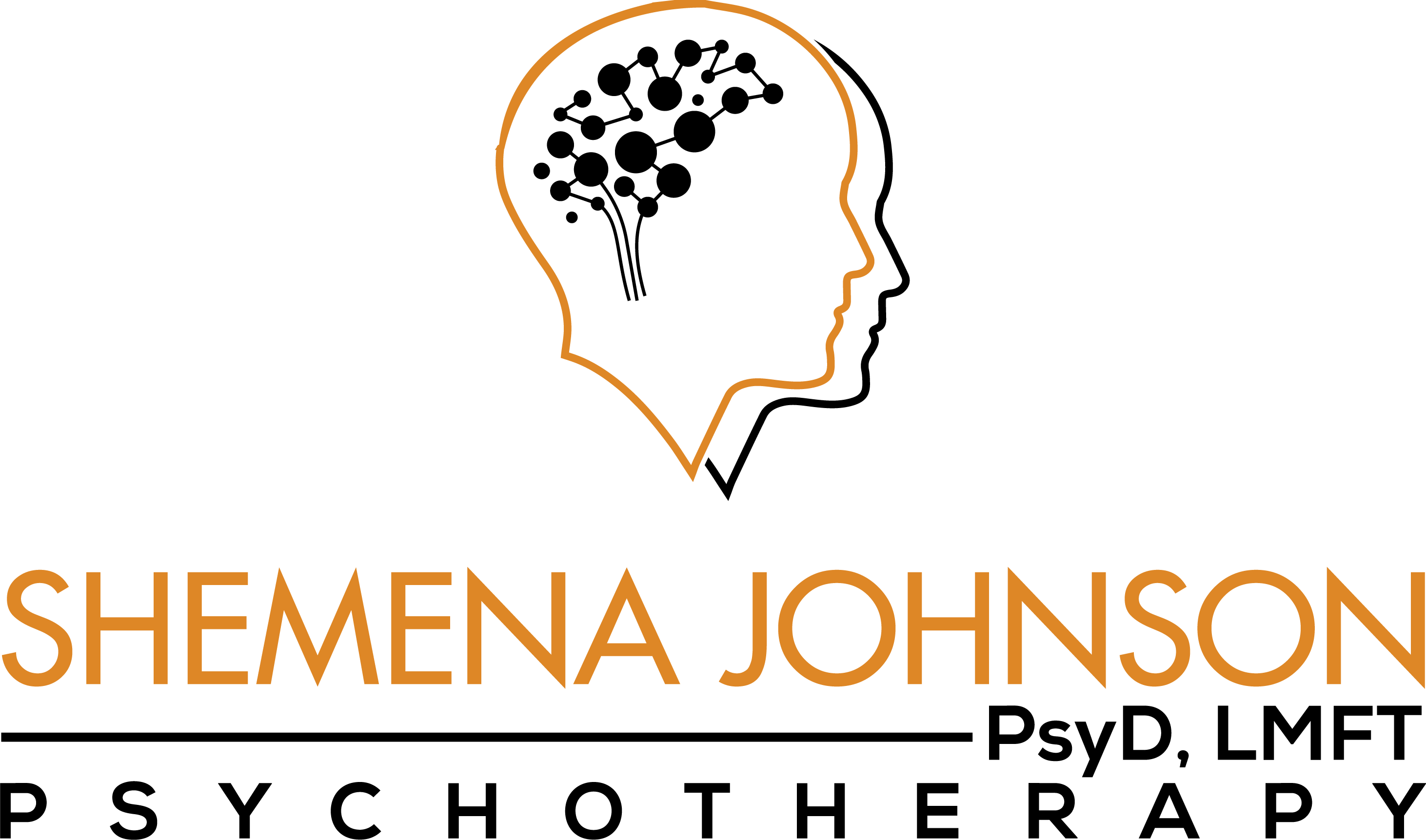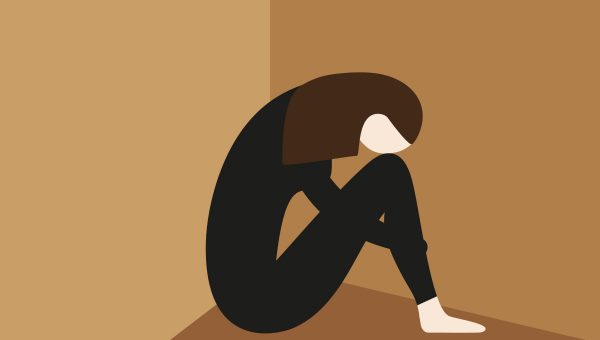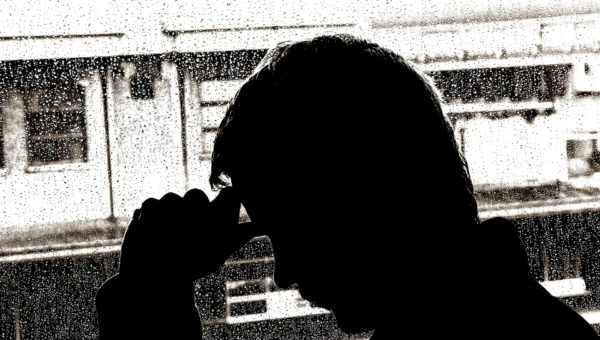The word depression is intended to be used in reference to a form of sadness that is constant and dulls one’s interest in normal activities, causing them to withdraw from life. This word conveys a persistent and suffocating feeling yet, many people use the word to describe a wide spectrum of experiences, such as disappointment, rejection, and even exhaustion.
Depression can also be used to refer to clinical depression, a diagnosable depression that one can’t pull themselves out of and it causes their quality of life to decline. This can be caused by a genetic component (a chemical imbalance) or triggered by a life-changing event where you may go to therapy or seek out a physician to prescribe medication for relief. Then there’s depression that occurs with loss, which we might picture as part of the grieving process. However, there are other forms of depression that are non-diagnosable due to their outward appearances and can be missed in a physician’s office. From my experience, the roots lie in a few areas — failure, anger, and grief.
Rage
Depression is often referred to as “anger turned inward,” a more severe form where there can be a more explosive rage that lies underneath. I like to use the phrase “homicidal rage.” Over the years I have seen some clients that radiate intense anger that deteriorates their minds making it hard to think. The intensity of the rage overtakes all other emotions and clouds their self-awareness preventing them from making meaning of what they are experiencing. Some clients become mute and feel numb inside.
Their anger often emerges after experiencing a recurring series of distressing episodes in close succession. They may start brooding over these instances and wonder why it feels like everybody is out to get them. Powerful feelings of resentment, bitterness, and anger consume their daily lives, and short, sometimes violent, temper develops as a way to cope with their unexplainable anger. The anger is none other than unrealized depression.
The Fragmented Self
Most of us understand that when you grow up in family systems that are unreliable (i.e., neglect or mother is not present) it affects the development of your core sense of self. The shakier the individual’s sense of self points to the more severe impact of their early experiences. It’s the idea that the individual feels that their sense of self is in constant danger of falling to pieces and there is this intense pressure to defend against the threat for survival. You may recall my post on disintegration anxiety. Anxiety is one sign of a shaky core self, but depression may be another sign, where the person has already fallen into pieces and has lost their sense of self. The depressive feelings that result are akin to mourning, mourning for the self, hopeless despair that anything can be done to salvage the fragmented self.
When left untreated, the overwhelming feelings in this depressive state can result in depersonalization, a sense that they are detached from reality, their body, and their thoughts. Depersonalization is a common symptom of fragmentation. Signs of someone with fragmentation include sudden loss of episodic memories or confusion resembling a fugue state.
This type of depression requires the consistency and safety of ongoing psychotherapy and a strong empathic connection with the right therapist. Within the context of the therapeutic relationship, they learn to understand and tolerate unacknowledged feelings, helped by the safe holding environment the psychotherapist provides.
The False Self
Freud pointed out that “to love and to work” are the building blocks of living a gratifying adult life. It’s the way we learn to express ourselves and find meaning in our lives. When an individual adopts a “false self,” it’s their best attempt to deal with the internal conflict of “bad” feelings and the demands of reality. It’s a style of relating to others where you feel like a phony or hypocrite in order to achieve social acceptance. For instance, a person may rely heavily on their partner for reassurance as a result of fears of being alone or having no consistent interests or activities of their own, to avoid a sense of emptiness and directionlessness. Subsequently, they may present as cheerful and outgoing in order to maintain the relationship but underlying are deeper fears.
Individuals with a false self manage to suppress their true feelings of sadness, hopelessness, anger, and resentment out of a deep desire to be loved and accepted. False self often forms in childhood amongst children who feel alienated amongst their peers and family. This becomes a way for them to protect themselves from rejection by peers and to fit in with their family’s lifestyles and beliefs. People with a false self also struggle with anxiety, low self-esteem, and guilt that they have no way to express themselves without giving up their false self which can lead to possible self-medication with drugs, alcohol, or risk-taking behavior.
Grief vs Depression
Although one may assume that depression is part of every grieving process, the truth is everybody deals with grief in their own way after experiencing loss. Some prefer being alone for a while. Others prefer to keep their memory alive and reminisce with others about their loved ones. There are even those who can grieve and continue to assume their typical daily activities. Regardless of how they grieve most individuals will eventually process their grief in a healthy manner; some continue grieving for months or even years, as there is no set timeline, what matters is that they are processing the loss in a way that leads to healing.
If you find yourself in the grips of denial or relinquishing control of the person whom you have lost, then it may be necessary for outside help in the form of counseling or support groups. Acute grief depression is a serious type of adjustment disorder that imitates depression and symptoms continue to worsen unless the person receives help with processing their grief.
While depression is viewed as a clinical diagnosis that arises from the complex interaction between biological and psychological influences, acute grief is not. Instead, acute grief is a stress-related disorder associated with an inability to cope with the loss of a loved one.
In my professional experience, I have learned that the best way to treat depression is to recognize depression. There are forms of depression that mask itself as a different emotion. When anger, depersonalization, or grief becomes unchecked for what it really is, the sufferer can never find relief. Having one emotion overtake your entire sense of self and causes dysfunction in many areas of your life can be depression.
Taking the first step to heal can be as simple as recognizing that your emotional state has gone on for far too long. It is our responsibility as people to take care of ourselves and those closest to us and notice when something is abnormal. Even if there are no outward signs, it’s good to provide the space for our loved ones to open up without fear or shame to express their feelings which will, in turn, allow them to be cognizant of the underlying feelings.







